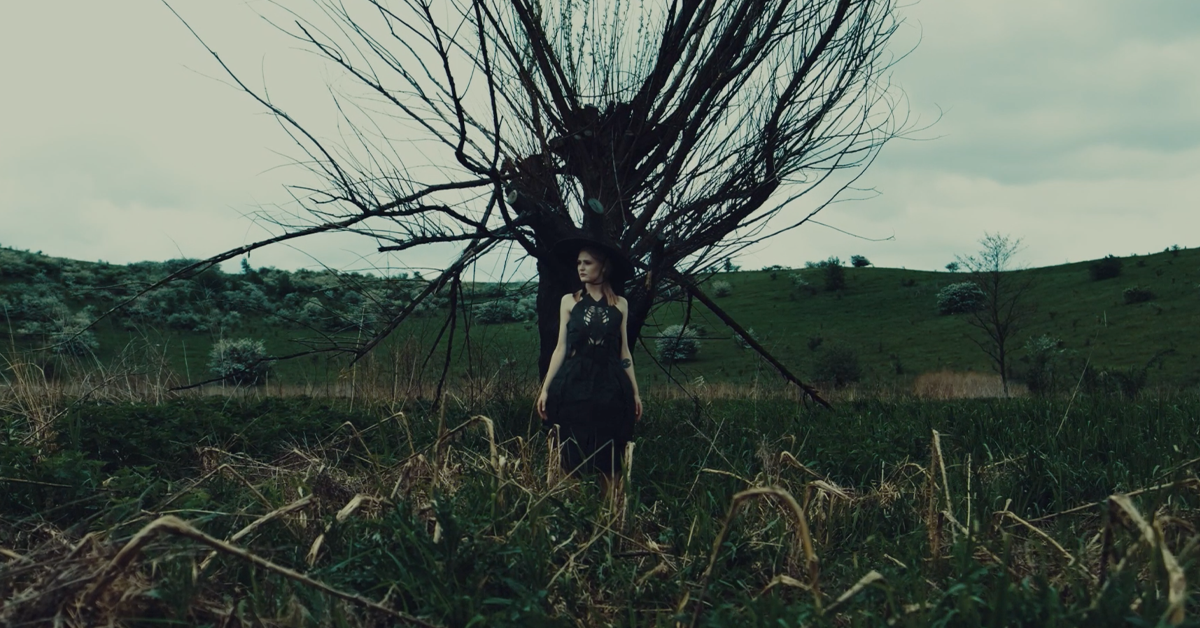Wiccan women are women who practice Wicca, a modern pagan, witchcraft religion. Wicca was developed in England during the first half of the 20th century and was popularized by figures such as Gerald Gardner and Doreen Valiente. Wicca is a diverse and decentralized religion with no central authority or governing body. However, many Wiccans share a belief in the worship of a goddess and/or a god, the veneration of nature, and the practice of witchcraft, including the use of spells, rituals, and ceremonies.

Why is Wicca religion increasing in popularity among women?
One significant factor is the growing desire for spiritual connection and self-discovery. Many people are drawn to Wicca because it encourages a personal connection with nature, the divine, and the self. Wicca’s emphasis on individuality and personal empowerment also resonates with those who seek a more flexible and adaptable spiritual path.
Another reason for Wicca’s increasing popularity is the widespread influence of social media and pop culture. With the internet and social media platforms, information about Wicca and its practices has become more accessible than ever before. Wiccan ideas and imagery have also been popularized in movies, television shows, and books, making the religion more appealing to a wider audience.
In addition, Wicca offers a sense of community and belonging. As a minority religion, Wicca provides a supportive environment for people who might feel marginalized or disconnected from mainstream society. The Wiccan community is often welcoming and inclusive, attracting individuals from diverse backgrounds and fostering connections based on shared beliefs and values.
Furthermore, Wicca’s focus on environmentalism and ecological sustainability has become increasingly relevant in today’s world. As climate change and environmental degradation become more pressing concerns, Wicca’s reverence for the Earth and emphasis on living in harmony with nature make it an attractive spiritual option for those who are environmentally conscious.
Lastly, Wicca’s appeal can be attributed to its emphasis on gender equality and the celebration of the divine feminine. In contrast to some traditional religions that may perpetuate patriarchal systems, Wicca honors both the masculine and feminine aspects of divinity, providing a more balanced and inclusive spiritual experience. This has made Wicca particularly attractive to those seeking a spiritual path that aligns with their values around gender equality and female empowerment.
Wiccan women often play an important role in their communities, acting as priestesses or leaders, guiding others in their spiritual journey, and contributing to the growth and development of Wiccan practices. Wicca has a strong emphasis on gender equality, and as such, Wiccan women are empowered to take on leadership roles within their spiritual communities.
Some Wiccan women also identify as witches, though it is important to note that not all witches are Wiccan, and not all Wiccans identify as witches. Wicca is just one of many contemporary pagan and witchcraft traditions, and the term “witch” can encompass a wide range of beliefs and practices outside of Wicca.
In Wicca, a modern pagan and witchcraft religion, women play a significant and equal role alongside men. Wicca emphasizes the importance of gender balance, and many of its beliefs and practices are centered around the worship of both the feminine and the masculine divine. Here are some ways in which women play a role in Wicca:
- Goddess worship: Wicca worships a dual divinity, consisting of the God and the Goddess. The Goddess is considered the embodiment of feminine energy and is associated with the Earth, the Moon, fertility, and intuition. She is often portrayed in three aspects – the Maiden, the Mother, and the Crone – which represent the different stages of a woman’s life.
- Priestesses: Women can become priestesses in Wiccan covens, leading rituals and ceremonies alongside their male counterparts, the priests. They may also work as solitary practitioners, engaging in their spiritual practices independently.
- Gender equality: Wicca promotes gender equality and acknowledges the importance of both feminine and masculine energies in its rituals and beliefs. Women are considered to have equal spiritual authority to men, with both genders participating actively in the religion.
- Feminist influence: Some forms of Wicca, particularly Dianic Wicca, have a strong feminist influence and focus primarily on the worship of the Goddess. This tradition emphasizes women’s empowerment and spiritual growth, often creating women-only circles for practicing rituals and sharing experiences.
- Participation in rituals: Women actively participate in Wiccan rituals, such as casting circles, invoking deities, and celebrating the eight Sabbats. They also engage in spellwork, divination, and meditation as part of their spiritual practice.
- Teaching and mentorship: Women play a crucial role in passing on Wiccan knowledge and traditions to new practitioners. They may lead study groups, teach workshops, or mentor others on their spiritual journey.
Overall, women in Wicca are essential to the religion’s growth and development, holding positions of leadership and power, and contributing to the spiritual lives of their communities.




